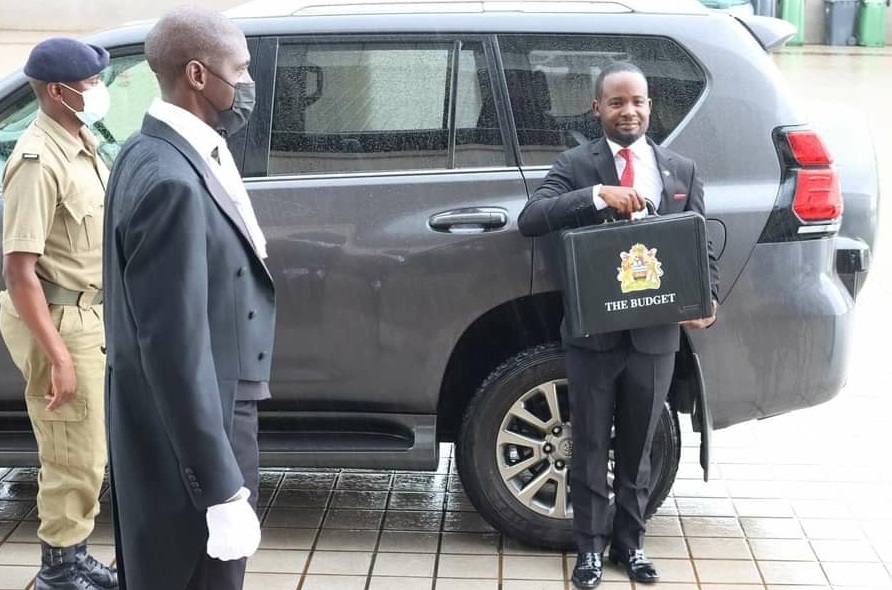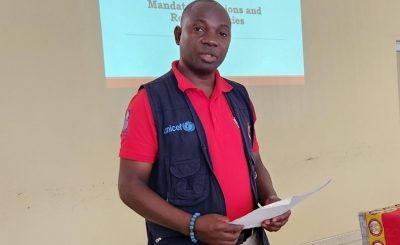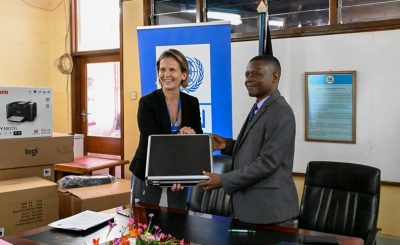Minister of Finance, Sosten Gwengwe. has delivered a 2.84 trillion-kwacha National budget for the 2022-2023 which experts say it inspires hope to Malawians.
Out of the total expenditure plan, 2.09 trillion kwacha is recurrent, 820 billion kwacha is Development expenditure while estimated deficit stands at 884 billion Kwacha.
In the budget, government has struck-off Value Added Tax VAT on some essentials commodities such as Cooking Oil, tapped water and Sanitary pads.
The budget has also seen an upward adjustment of Constituency Development Fund (CDF) from 40 million kwacha in the last budget to 100 million kwacha to spur development in the rural areas.
Reacting to the financial blueprint, Director General for the National Planning Commission Thomas Munthali has described the budget as a pro-poor budget which strives to narrow down the economic gap between the poor and the rich.
“We have seen that some of the taxes been removed so that a lot of people should be moved to begin to invest so that over a period of time we will have more benefiting and as a country we will stand a good chance meeting the aspirations of Malawi 2063,” said Munthali.
In his remarks, Executive Director for the Malawi Health Equity Network (MHEN) George Jobe hails government for increasing budget allocation to the health sector from 9% in the previous Budget to 10% this year.
“Quick observation to make is the increase in the percentage of the health sector allocation but as of now we we need to do an analysis to see whether in buying power there is an increase or not.” Jobe said.
He has however expressed worry that the budget is silence on increasing Human resource in the sector.
Speaking on scraping off duty on sanitary pads, one of the country’s youth rights activist and Executive Director for Youth Net and Counselling (YONECO), MacBain Mkandawire, said this a move in the right direction saying it will help to keep a girl child in school.
While commending the Constituency Development Fund (CDF) increment, Mkandawire has expressed skepticism on the utilization of the funding considering previous experience where funds have been mercilessly abused in some district councils.
Meanwhile, spokesperson for Democratic Progressive Party (DPP) on finance, Joseph Mwanamveka, has commended the budget but however has tipped government to focus on exchange rate and energy generation.
In the budget, educations sector has grabbed the lion’s share of K462.24 billion representing 4.1 percent of Gross Domestic Product (GDP) and 16.3 percent of the total budget.
Agriculture and health sectors have come second and third with K447.66 billion and K283..57 billion respectively.





